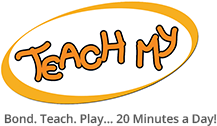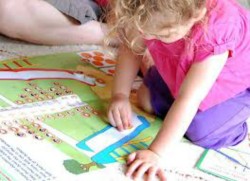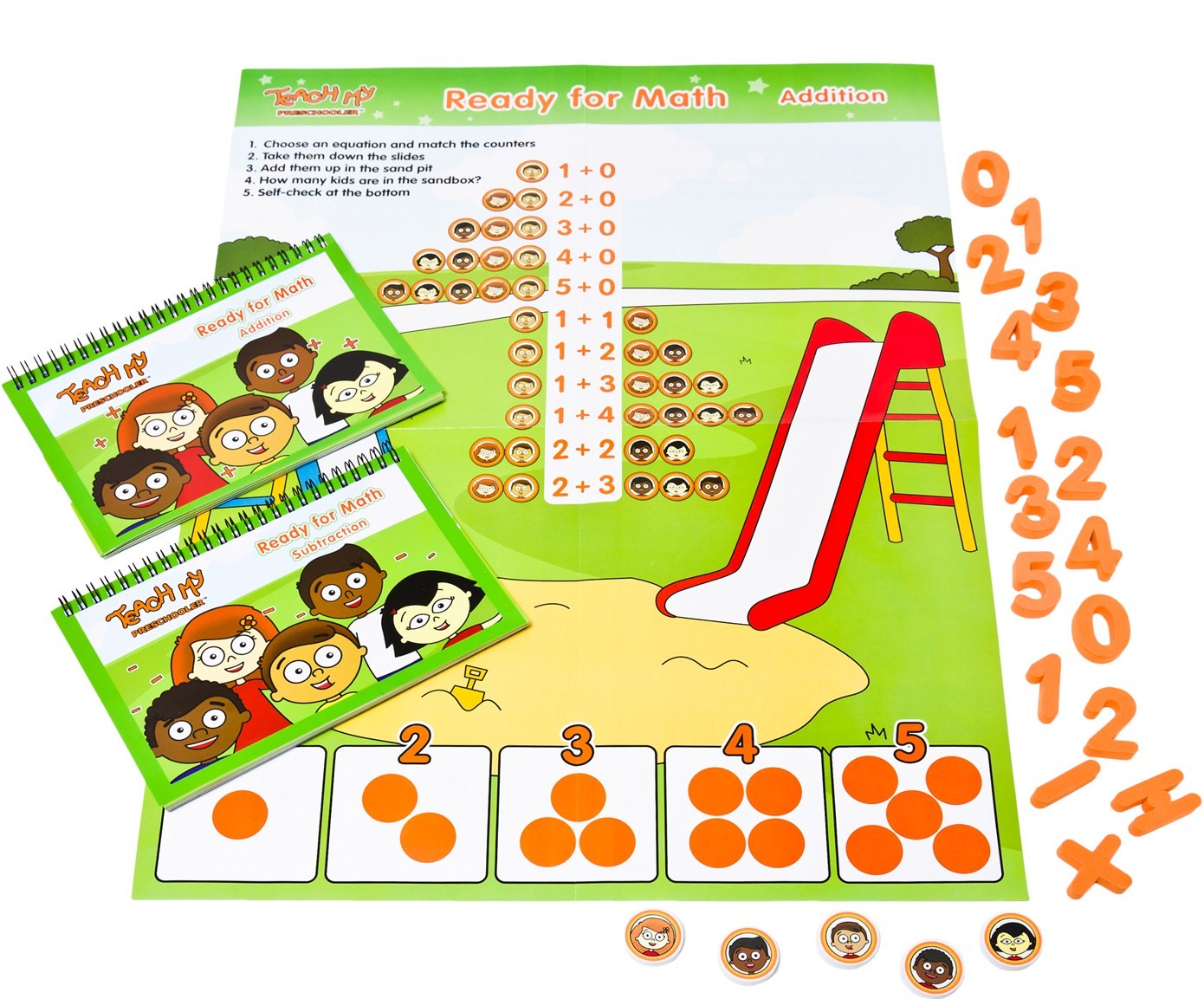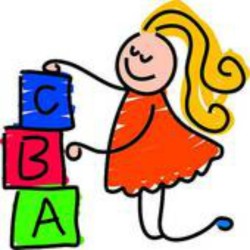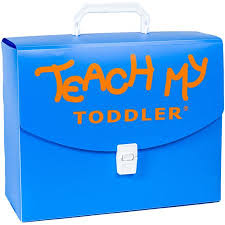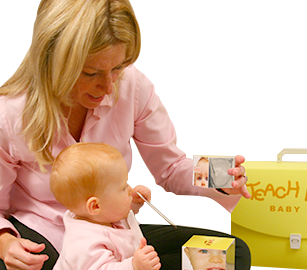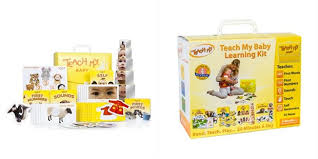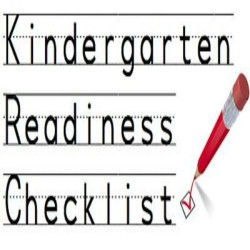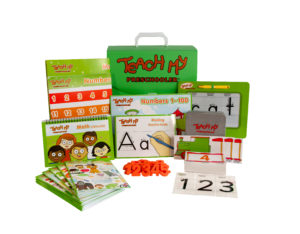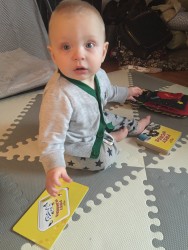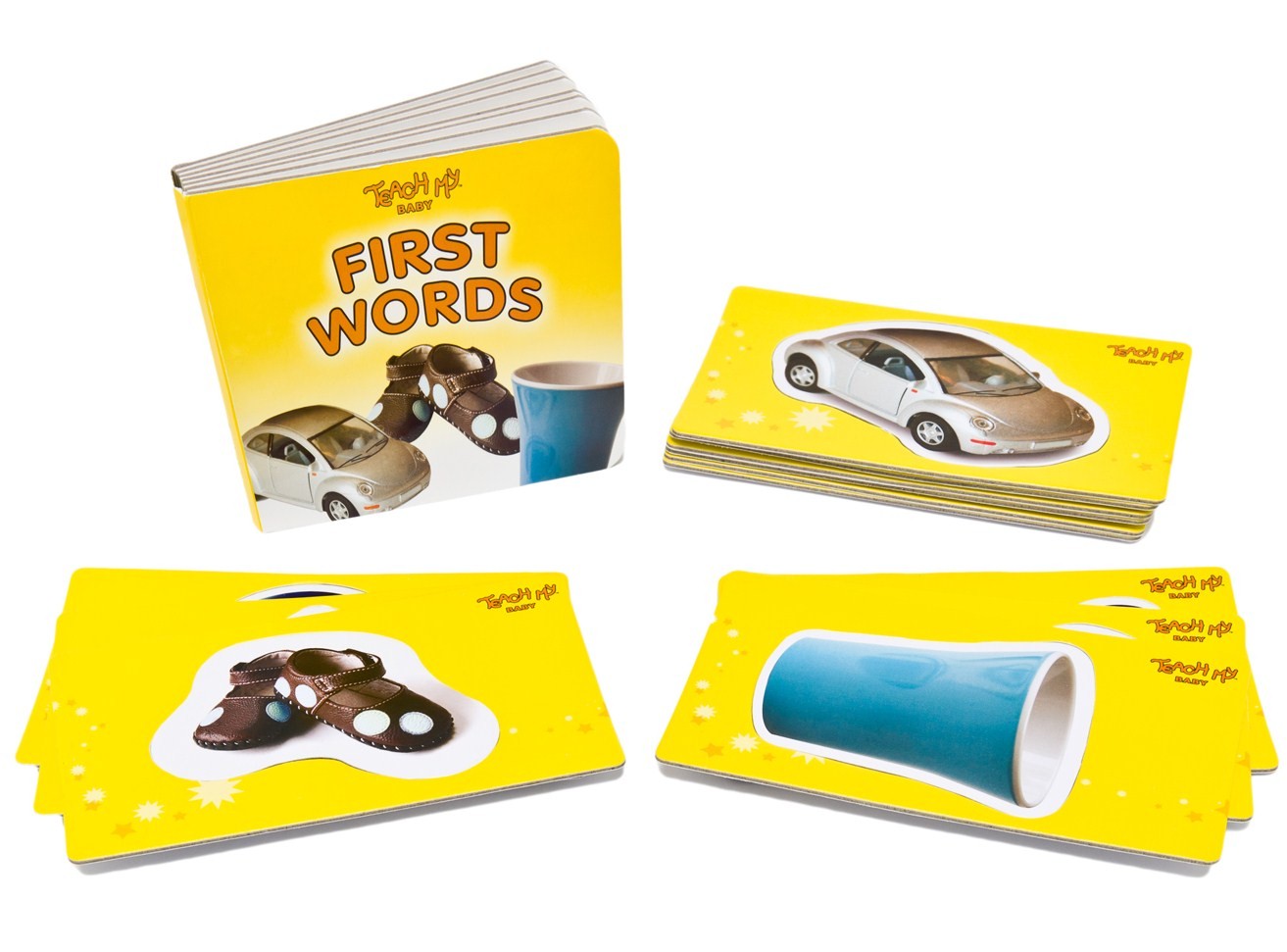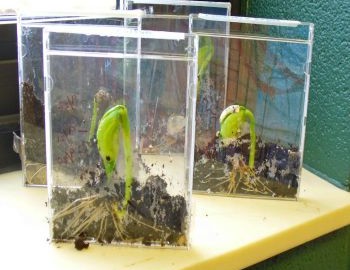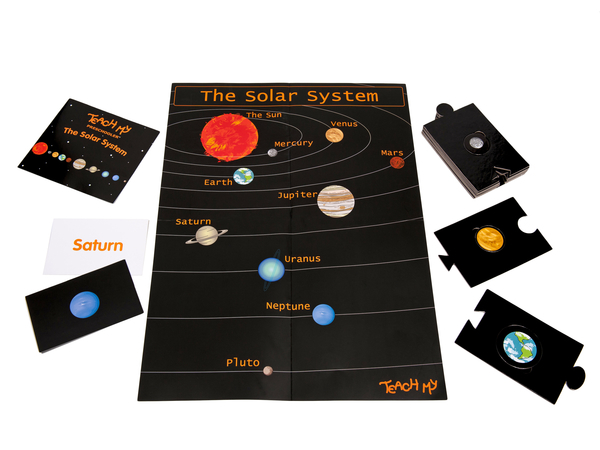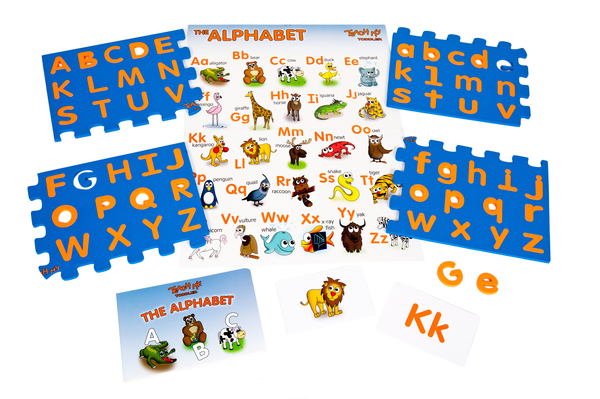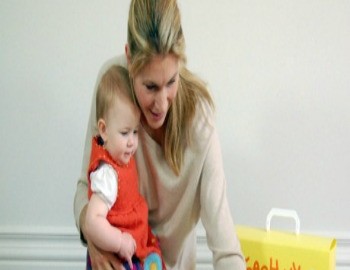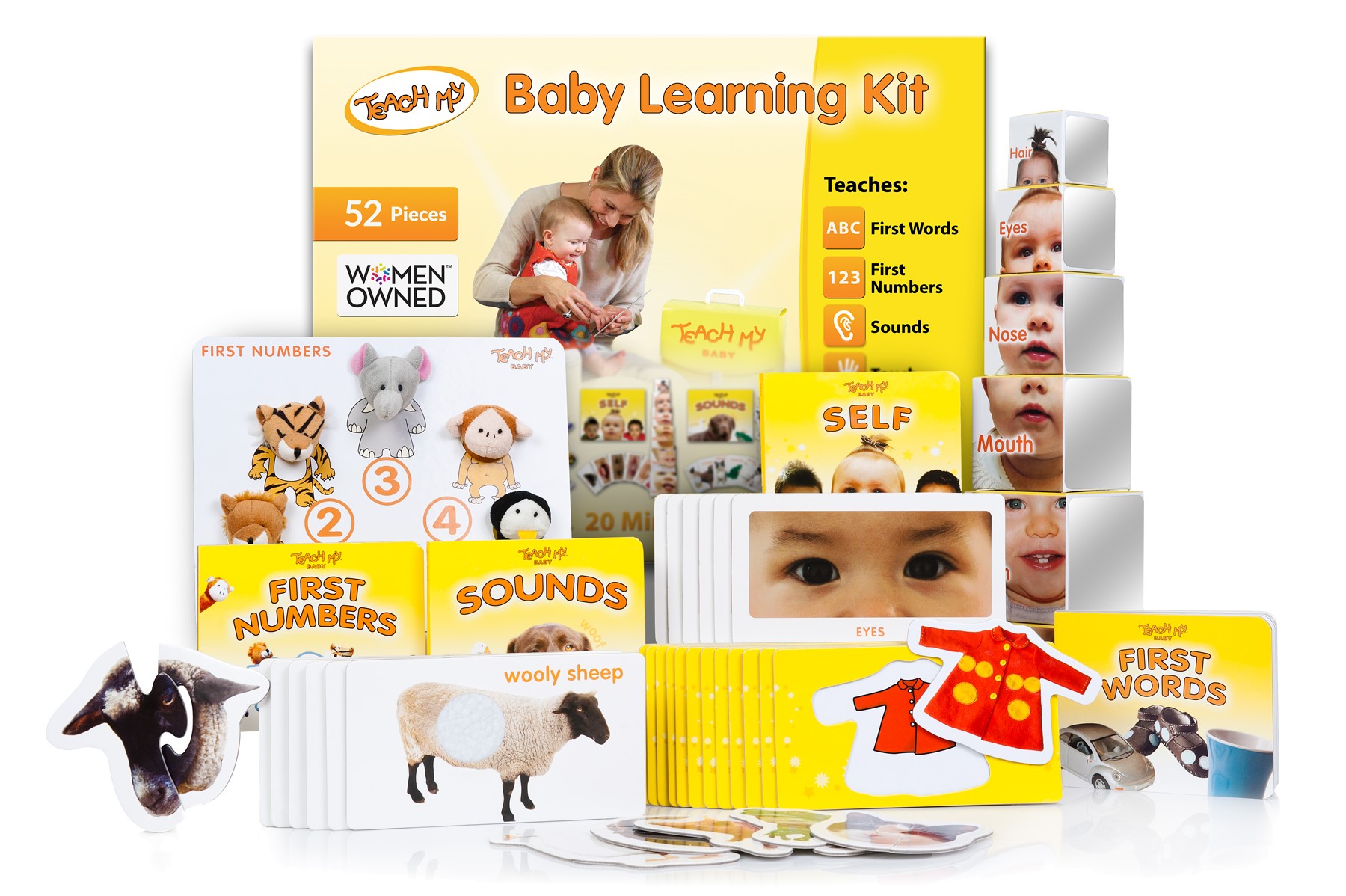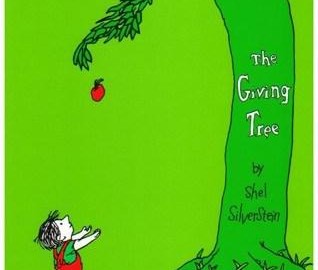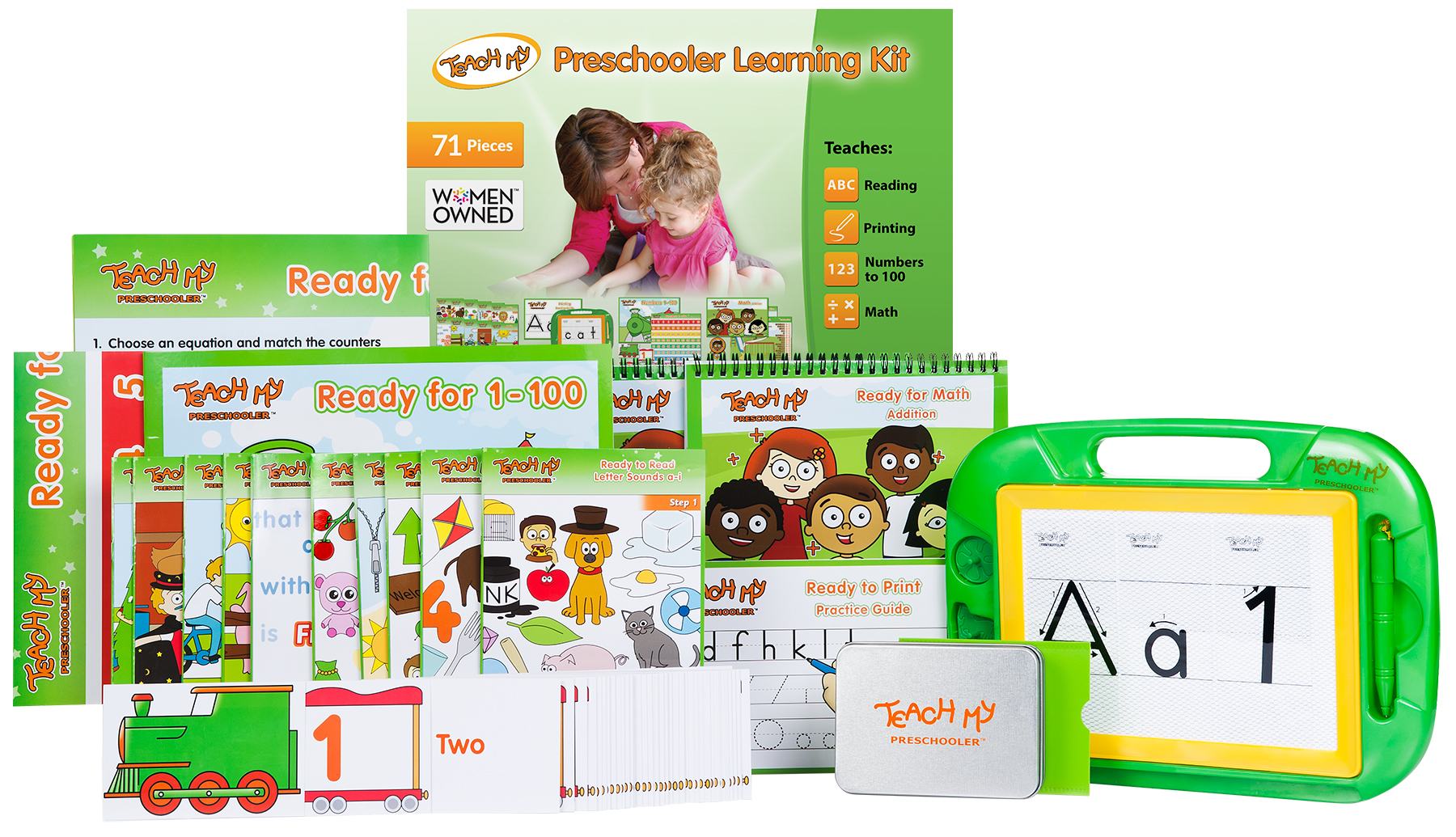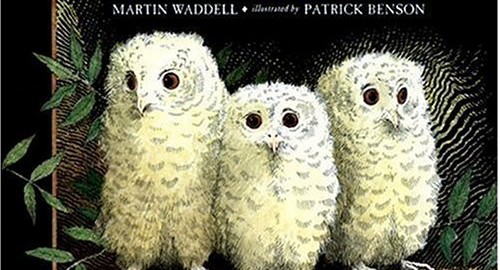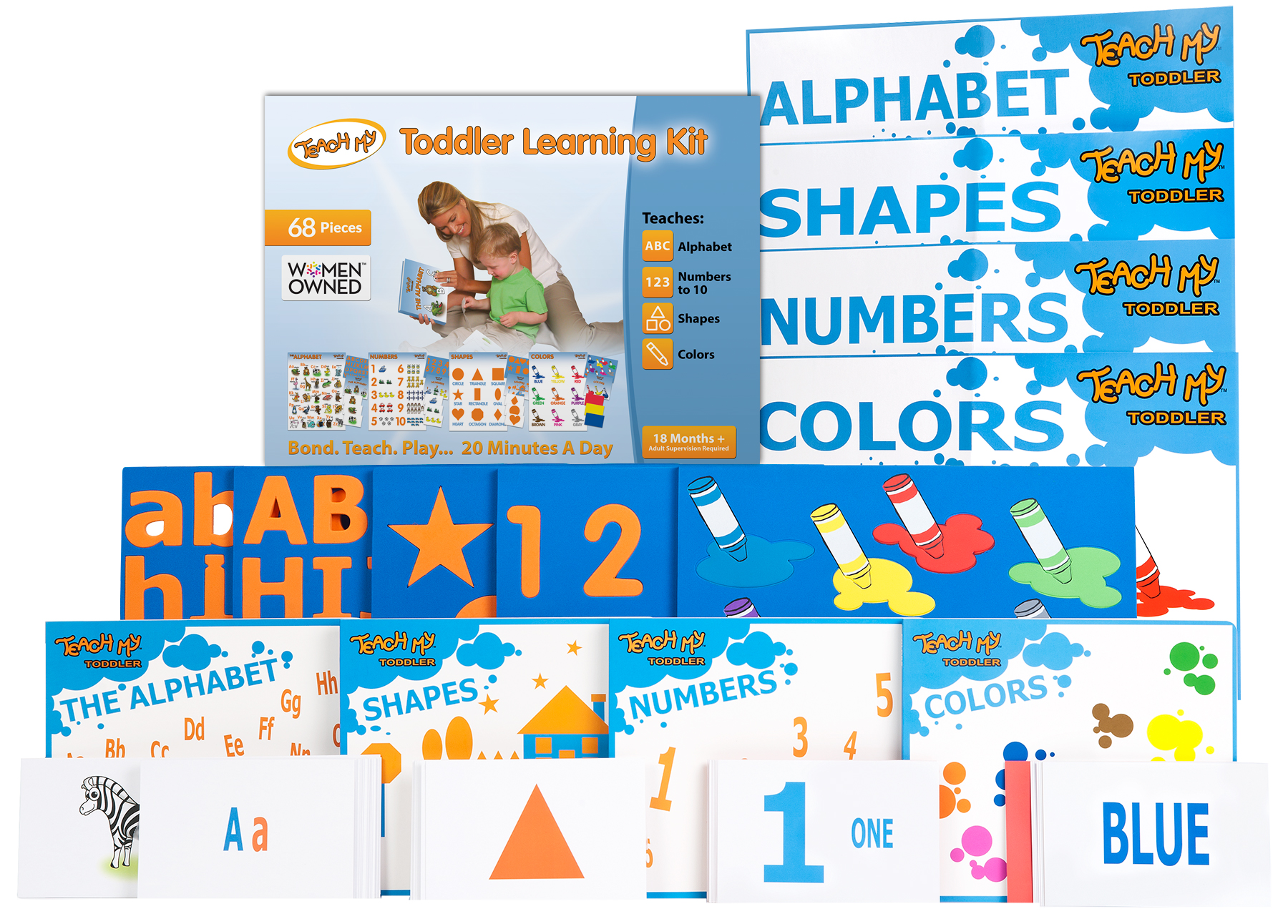Math Activities For Preschoolers
According to Susan Levine, math development expert, by incorporating math activities for preschoolers into everyday life, children can develop math excellence. Here are 5 ways to create a math wiz with simple math activities for preschoolers:
Talk Numbers: Counting can become part of most discussions by simple asking ‘How Many?” Count buttons, crackers, vegetables, raisins and more.
Spatial relations: Spatial thinking is important in math activities for preschoolers. Talk to your preschooler about length, height and shapes. With shapes, talk about sides, edges and curves. For height, simple questions about siblings or friends will do the trick – “Who is taller, you or your brother?”
Use Your Hands: Use hand gestures to promote numerical and spatial skills. It is important to point, while counting. This will help your preschooler associate a number with each object.
Puzzle Play: Playing with blocks and puzzles will help develop children’s spatial thinking and math skills. According to The Children’s Development Institute, children learn to work directly with their environment and change its shape and appearance when they work with puzzles. Puzzels are great for hand-eye coordination, fine motor skills and memory.
Board Games: Play numerical board games where you roll a die or spin a spinner. When you move your piece a certain number of spaces along a path, be certain to count all the way along!
Teach My Preschooler Math offers a head start in adding and subtracting from 0-5 and plenty of math activities for preschoolers. Just 20 minutes a day with the award winning Teach My Preschooler tools and your little one can master math for preschoolers. Use the flip book, poster, foam counters and foam numbers together to master early math skills and enjoy fun, educational play. The set has everything to give a head start!
